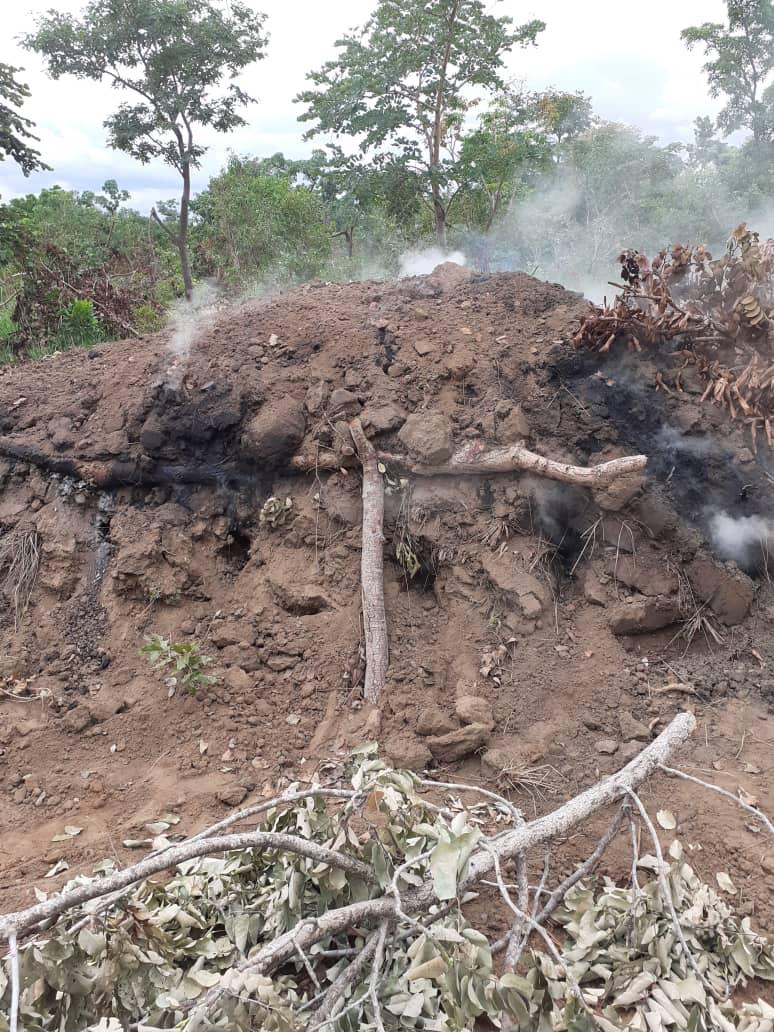Climate Change & Energy
Charcoal burning the only alternative livelihood for rural women
Source: GNA - May 7, 2021

Mr Jerry Olo, the Assembly Member for the Kendau Electoral Area in the Wa West District, has attributed the cutting of economic trees for charcoal burning to lack of alternative source of livelihood for rural women.
He said, the women are idled in the dry season and thus resorted to charcoal burning to earn a living, advocating the need for alternative livelihood for the people, particularly in the dry season, to reduce the menace of deforestation.
Speaking in an interview with the Ghana News Agency (GNA) at Kendau, Mr Olo stressed the need for the government to effectively implement the One-Village-One-Dam (1V1D) programme to help improve dry season farming.
He said, availability of dams at the various communities in the electoral area, would enable the people, especially women and the youth, to engage in vegetable cultivation.
“Even our animals don’t get water to drink and you are talking about water for gardening. In the rainy season the women can do some farming to make some money for themselves, but in the dry season because there is no dam in the area, they have to burn charcoal, and it’s the shea trees they cut for that”, he explained.
According to Mr Olo, the women resisted any move he took to stop them from felling the trees, asking that he should provide them with jobs before they would also stop.
He explained that the youth of the electoral area had to abandon their communities for the southern sector to engage in miniature jobs to earn a living saying, “In the dry season you will not find any young man in the community because if they sit there they will have nothing to do”.
He said the situation was retarding the development of the communities as some of them, in the process, dropped out of school and never returned home.
The Assembly Member, however, said there is no dam at the electoral area to serve the people, and that the assembly had promised to construct one, but could not tell when that would be done.
Mr Olo, therefore appealed to the assembly to fast-track the process of constructing the dam to help save the environment from imminent destruction.
Meanwhile, rampant commercial charcoal production in Northern Ghana had become a serious concern to many, with the Savannah Regional Minister, taking the step to ban activities of charcoal burning in the region.
The move needed to be replicated in the four other regions to help save the vegetation, particularly economic trees such as shea and dawadawa from destruction.



